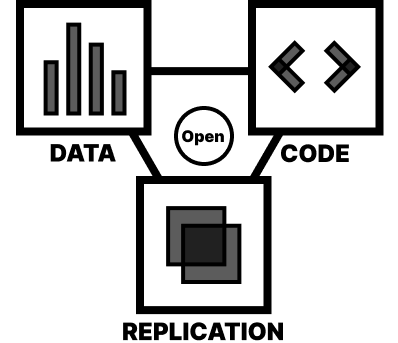Open Science in HRI

The Need for Open Science
Open science, particularly open access to data and code, is crucial. By openly sharing data and code, researchers can facilitate collaboration and accelerate scientific progress in understanding HRI. This approach enhances the rigor of research, encourages innovation, and ensures that findings are accessible and applicable across diverse contexts, ultimately advancing the development of more effective and ethically informed human-robot interactions.